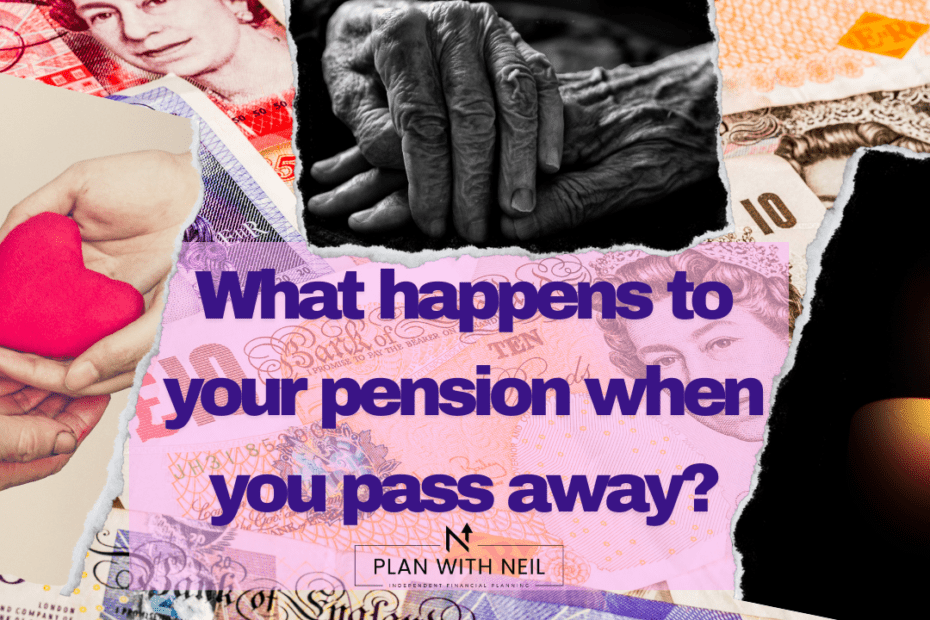Death is not a pleasant thing to think about, but it is an inevitability so it’s important to have a plan in place for what happens to your pension since you’ll have a significant amount of money there and you don’t want to lose it and the amount of money you have in a pension could really help out your loved ones. If you’ve reached state pension age after 2016, then your pension dies with you and if you’re the widow/widower or their family you would need to report their death to the government through Tell Us Once, but with a workplace or private pension that’s where things are a bit different and in this blog post we’ll look at two different scenarios: what happens if you die before you retire and what happens if you die after you retire.
What if I die before I retire?
There are differences between defined benefit and defined contribution pensions and we talk more in depth about it in this blog post.
If you die before the age of 75 and haven’t started drawing your defined contribution pension, you can pass it onto your beneficiaries tax free and they have the choice between withdrawing all of the money as a lump sum, receiving an annuity, or as a pension drawdown. If you die after the age of 75, your beneficiaries as named in your will can access the money, but they will need to pay income tax on that money.
If you have a defined benefit pension and you die before your 75th birthday, the pension will pay a lump sum of 2-4 times your annual salary to your beneficiaries and that would be tax free, and possibly a survivor’s pension, but this will be taxed.
What if I die after I retire?
In the case that you’ve already started drawing your pension as a lump sum and you still have money left in your pension pot, your heirs named in your will will inherit it and that money may be subject to inheritance tax on it since that money is part of your estate. If you’ve started drawing on your pension as an annuity, it generally cannot be transferred to your heirs, but some annuities allow pension transfer after death, just make sure to check with the company about what your plan entails.
If you have a defined benefit pension, then it will continue to pay a reduced pension to your spouse or dependent child.
In Conclusion
Regardless, it’s important to fill out your beneficiary form to ensure that money goes wherever you want it to whether it’s to your spouse, partner, children, or a charity you believe in. Death and estate planning can be overwhelming and you may need the help of a financial adviser. If you’re looking for a financial adviser who prioritises clients living happier, more contented lives and is transparent about fees, get in contact with us today and book your free one hour discovery meeting with Neil.
